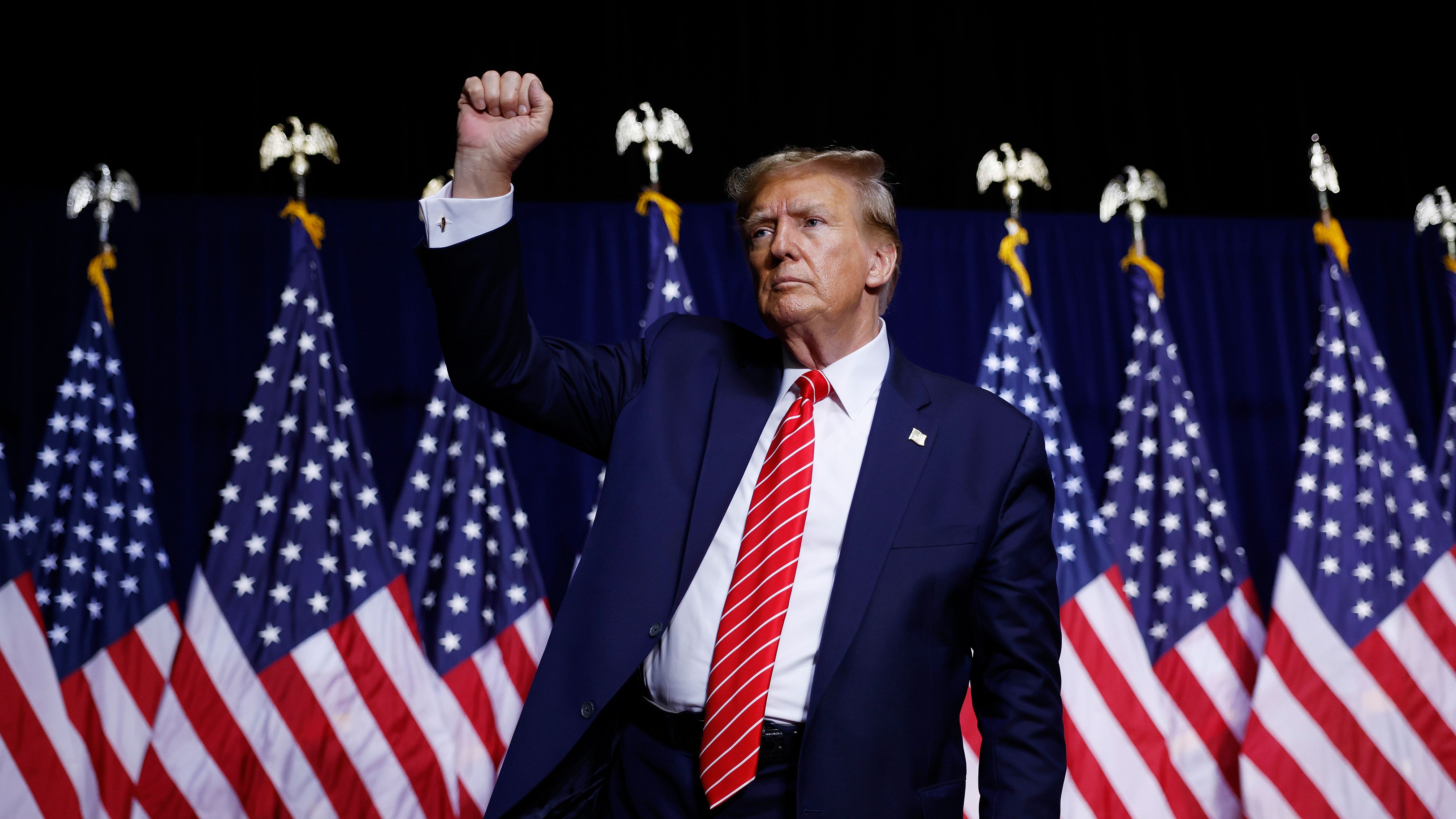Crypto Regulation at a Crossroads: The Political Forces Shaping the Future
Overview or Introduction
As the cryptocurrency landscape evolves, so too does the complex web of regulations governing it. Currently, the U.S. stands on the brink of a significant policy shift that could either reaffirm its leadership in the digital assets space or risk falling behind emerging economies pursuing progressive frameworks. In this article, we explore pivotal moves by political figures and regulatory bodies in both the United States and Latin America, where collaboration may reshape the future of crypto.
With experts warning that the U.S. could lose its competitive edge, understanding the intersection of politics and regulation is crucial for stakeholders eager to thrive in the crypto sector.
The Call for Reform in the U.S.
In a recent op-ed letter addressed to President-elect Trump, legal professionals advocating for the crypto sector urged immediate action to reshape the regulatory landscape on Day One of his presidency. The proposed Executive Order would instruct federal agencies to halt investigations against crypto firms unless there are credible allegations of fraud or threats to national security. This initiative seeks to dismantle the current practice of regulating via enforcement, which many argue pushes innovation offshore and erodes the U.S.’s position as a leader in the space.
In stark contrast to the U.S. regulatory stance, countries like El Salvador have embraced the potential of cryptocurrencies, with firm legislation enabling the use of Bitcoin as legal tender. The U.S.’s cautious, sometimes punitive approach, characterized by actions led by the SEC under its current chair, Gary Gensler, has resulted in growing frustration among industry professionals, highlighting an urgent need for clarity and support.
Latin America: A Collaborative Approach
Meanwhile, in Latin America, a significant partnership has formed between El Salvador and Argentina. Regulators from both countries signed a pivotal agreement aimed at fostering innovation and developing the regional crypto industry. This collaboration is intended to create a favorable environment for crypto businesses and ensure robust regulatory frameworks that encourage growth, showcasing a stark difference in outlook from the U.S.
Juan Carlos Reyes from El Salvador emphasized that this agreement would broaden the international footprint of regulated companies and position both nations as leaders in an increasingly crucial sector. With Argentina’s burgeoning tech scene and El Salvador’s early adoption of Bitcoin, this alliance could create a roadmap for supporting digital asset development in the region.
Key Takeaways
- The U.S. is at a crucial juncture with proposed reforms aimed at revitalizing the crypto sector under the new presidential administration.
- Latin American countries are taking an assertive stance on crypto regulation, collaborating to promote innovative policies that enhance market participation.
- The differing regulatory approaches highlight the potential risks for the U.S. in maintaining its competitive edge as countries like El Salvador and Argentina lead the charge in crypto development.

